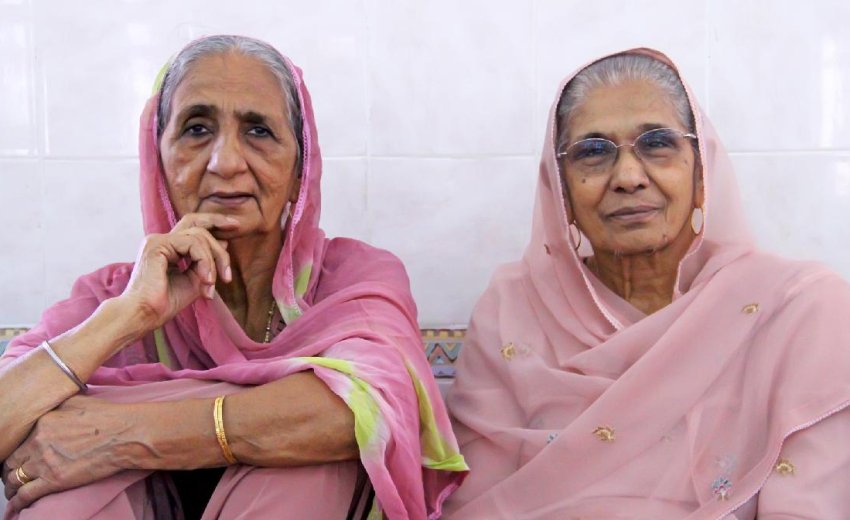We all have some knowledge of Sikhi, which we have to try and convey to our children in order to keep Sikhi alive. We are fortunate that Guru Nanak Dev Ji raised the status of women at a time when women were considered to be the lowest of the low.
Women are blessed with so many unique qualities - we are compassionate, humble by nature, and we have certain foresight and sensitivity. We have an inner spiritual strength and the ability to look at the consequences of our actions and the actions of others. We are the root of the family; we have the strength to keep the family together, which is the most important unit in society. We are daughters, wives, mothers and are also individuals. We have our needs, ambitions and aspirations and it is those that we should develop as well.
It was Bebe Nanaki the eldest sister of Guru Nanak Dev Ji who was the first to recognise the divine light in the Guru. The wives of the Gurus provided the strength to the continuity and spiritual education to the community, while the Gurus were teaching. Even today our husbands and sons work outside, while we provide the continuity in the home. Mata Sahib Kaur added sugar crystals to the Amrit for the Khalsa, so not only would the Khalsa be strong and courageous but also compassionate. It was Mai Bhago who criticised the 40 who left Guru Gobind Singh Ji and she led them back on the path. It was Mata Gujri who gave her grandsons spiritual strength and encouragement to face the Moghuls. She herself accepted Waheguru, the Bani and the supreme sacrifice of her whole family, for us then, and for us today, her prime objective was to keep Sikhi alive.
So I ask you as women what are we doing today to keep it alive?
We need to look at ourselves. What did those women do and what are we doing today? At the time, Sikhi was in danger of facing total annilhation due to the Moghul rulers. But Sikhi is being annihilated today as well, though the challenge is different. We must know ourselves as women to know what these challenges are and how to overcome them. Many of our children know little of Sikhi and its values and they don't go to the Gurdwara. How can we overcome this? I think we must group together, together we do have a strong voice. We are the ones that look after the children, we are the teachers, we can teach them at a very early age about Sikhi.
However, it is difficult. So many of us have careers and must go out to work. Where do we find the time to do this? When my children were young I used to work full time. Now I work part time. Before they went to school they did the Japji Sahib. When I had time in the evening I used to explain to them what Japji meant through the English translations. My children did not know Punjabi, they didn't read Punjabi, but they read the translations and then I explained to them the meanings. It was this way that they learnt the Mool Mantra. When I was young, nobody taught me. I learnt myself from books. I could not read Punjabi because I was very young when I came to England. I felt I wanted to know more about my faith. So if you cannot read Punjabi it does not matter. Just read it in English.
Read stories of the Gurus to children, it develops their language power. We should teach them about the Gurus as well. It is up to us to make sure that children should have the right material. Those of you who have your parents or parents-in-law, ask them to teach the children about Sikhi, they have more time that us. Time is of the essence. We do live in a world were there is a rat race but we must find time for our children. We should also tell the men to take some of these things on. It is their responsibility as well. We had a Kirtan Darbar in Glasgow, where we invited American Sikhs who have embraced the Sikh religion. That jatha had such a profound effect on the sangat. (Ed: Many parents use and enjoy the Childrens Audio stories on SikhNet to teach their children.)
We must have an input into the wider community, individually and with family support. We have to plan ahead, women are good organisers, we should get together, so that we get our voice heard. Men may feel threatened by our new power. How can we make ourselves and our children heard? If we do not do so mething about this now, Sikhi is going to be under threat. It is difficult to us to take that first step, but we can do it. It is in our hands to keep our history alive for our future generations as Waheguru has given us the strength needed to keep Sikhi alive.
Photo: © Gwmb2013 | Dreamstime.com - Scene at a Sikh Wedding

